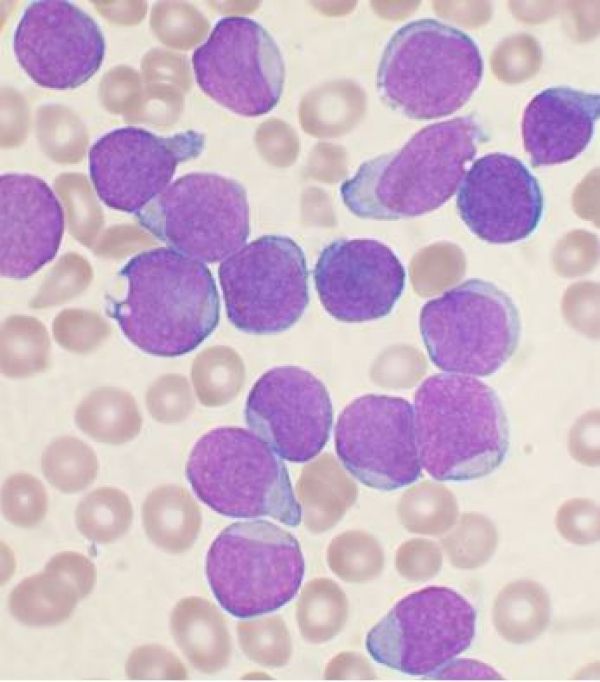An international team of researchers at VIB-KU Leuven, Belgium, the UK Dementia Institute and Children’s Cancer Institute, Australia, have identified a novel therapy for T-cell acute lymphoblastic leukaemia (T-ALL). This therapy, which targets the gene most frequently mutated in T-ALL, markedly slows the progression of this type of leukaemia, with minimal toxicity to normal tissues.
The research article, which was published this week in the journal Science Translational Medicine, was co-authored by Dr Roger Habets at Leuven Institute for Neuroscience and Disease and Dr Charles de Bock of Children’s Cancer Institute.
The new therapy targets a gene called NOTCH. This is the most frequently mutated gene in the T-ALL sub-type of leukaemia, with NOTCH mutations found in around 60% of patients.
NOTCH sends growth signals to leukaemia cells, causing them to multiply uncontrollably. However, to do this, the NOTCH protein must first be cut in half. The cutting is done by an enzyme ‘scissor’ called gamma-secretase. This makes gamma-secretase an attractive drug target. If it can be inhibited, NOTCH can be rendered inactive.
Read more at Children's Cancer Institute
Image: NIAID via Wikimedia Commons


